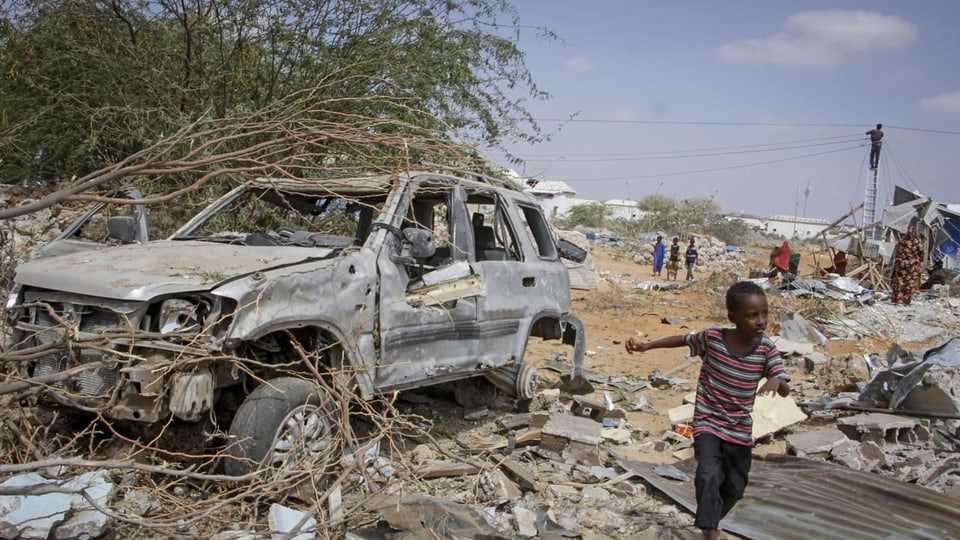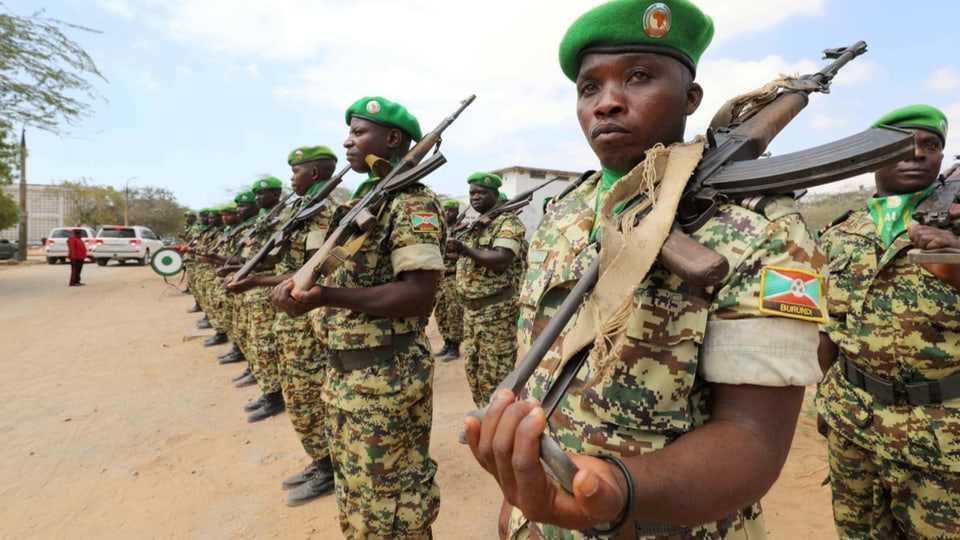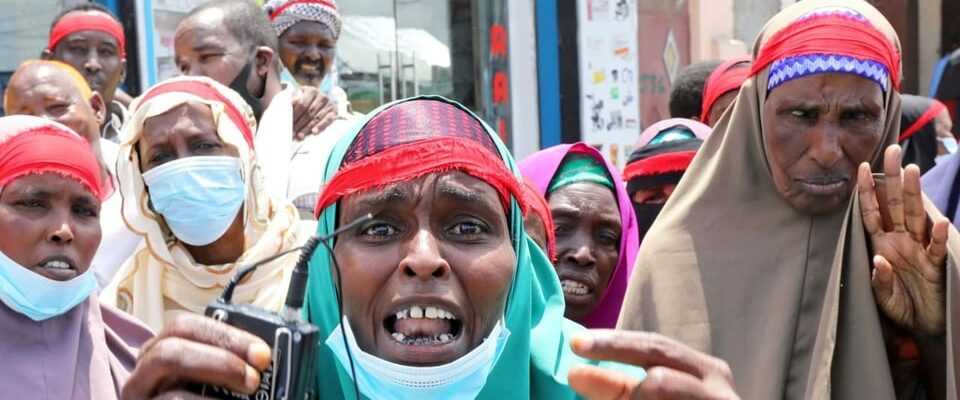contents
Amison becomes Atmis. Their troops are supposed to liberate the country from the Al-Shabaab militias. That is not easy.
The African Union mission in Somalia, or Amisom for short, was originally intended to last just a few months. It has become 15 years. The 8,000 soldiers at that time have now grown to 22,000, and the mission cost more than two billion euros. The goal remained the same: to liberate Somalia from the Islamist terrorist militia Al-Shabaab, which still controls large parts of the country today.
Amisom certainly did its job in the early days, says Samira Gaid from the Hiraal Institute think tank in Mogadishu. She did the job well and was popular. Especially in 2011, when international forces expelled al-Shabaab from the capital, Mogadishu. But in recent years, Amisom has not had any great successes.
Bad collaboration
There are many reasons for this: Al-Shabaab is no longer a classic combat force, but works with guerrilla tactics. Amisom, on the other hand, has remained a classic, less mobile combat force. In addition, most Amisom soldiers come from neighboring countries. There are diplomatic tensions. And last but not least, it is a group from abroad. And that feels like an occupying power for many Somalis.
Legend:
Not popular with the population: women protest against the Amisom.
Reuters
But Somali politics hasn’t made things easy for the peacekeeping mission either. Cooperation with the Somali security forces is poor. Instead of fighting Al-Shabaab together, the current government has other priorities, says the head of the Hiraal Institute: “It’s a Somali leadership problem. The political elite would rather use the Somali security forces to stay in power than to fight al-Shabaab.”
EU is getting impatient
This has been particularly evident in the last few months. Somalia should have held presidential elections as early as February 2021. The president and prime minister are engaged in a power struggle, and the elections have been repeatedly postponed. Al-Shabaab benefits from the fact that the politicians are preoccupied with themselves. Terrorist attacks have increased. At least 53 people were killed in attacks last week.

Legend:
In mid-February, the terrorist militia carried out another attack outside of Mogadishu.
key stone
Many Somalis blame the Amisom troops for the deteriorating security situation. Which in turn push the Somali government. And the international community, led by the EU, which pours millions into Amisom every year, is growing impatient.
end in sight
That’s why a new peace mission is needed: Atmis, the African Union Transition Mission in Somalia, now comes into force. The new mission is primarily psychologically important, says Gaid. “This gives the international community, but also the Somalis, the feeling that the peacekeeping mission could soon be ended. But nothing will change on site, even the staff will remain the same.” The only thing that changes is the name, that the word “transition” now appears in it.

Legend:
Soldiers from Uganda also serve in the Amisom.
Reuters
The aim is for the Atmis troops to withdraw completely within the next three years and leave security to the Somali state alone. However, Gaid does not consider this to be realistic. It would take at least another five to ten years to prevent an Afghanistan scenario in which terrorists would take Mogadishu as soon as the international troops left.
But ensuring security is primarily the task of Somali politics: “The new mission can only cover Somali politics’ backs.” Even with a new name, the largest peacekeeping mission in the world will not be able to solve Somalia’s problems. Somalia’s politicians must do this themselves.
